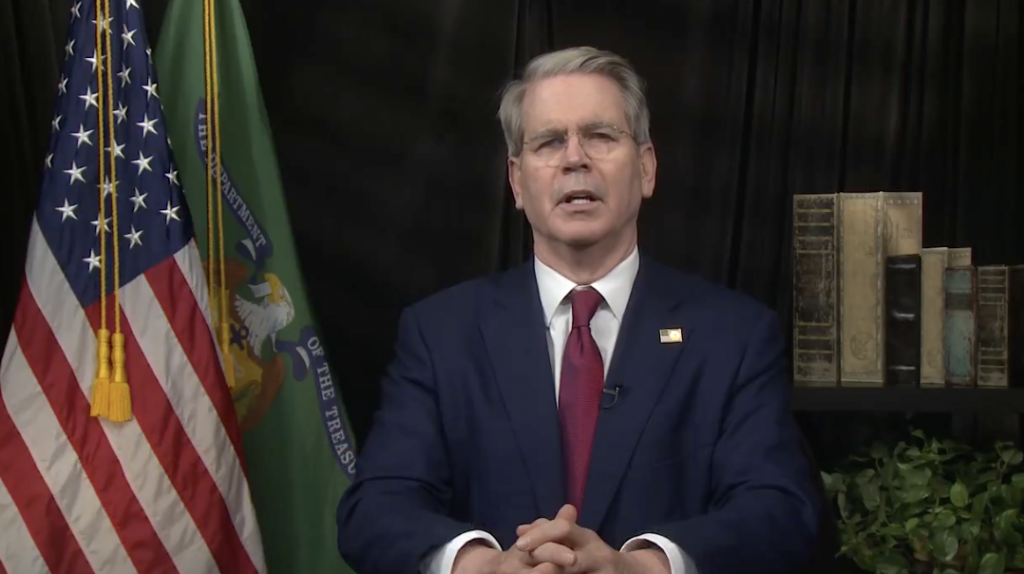Russia Matters, 5/16/25
- The first direct peace talks between Russia and Ukraine in over three years ended on May 16 in about two hours and with no signs of meaningful progress other than a prisoner exchange deal as Ukrainian officials accused Russia of making “unacceptable” demands, RFE/RL reports. Despite offering to hold direct peace talks with Kyiv on May 15 in Istanbul in lieu of the 30-day ceasefire Volodymyr Zelenskyy and European leaders demanded on May 10, Vladimir Putin ultimately did not attend, sending a midlevel delegation to Turkey instead. Zelenskyy, who reiterated his intention to meet with Putin directly throughout the week, slammed the move as disrespectful, saying “I think Russia’s attitude is unserious,” according to the New York Times. During the negotiations on May 16, Meduza reports that the Russian delegation reportedly said Moscow would agree to a ceasefire only if Ukraine withdrew its forces from the four regions Russia claims to have annexed (Luhansk, Donetsk, Kherson, and Zaporizhzhia), according to Economist correspondent Oliver Carroll, citing a “well-placed” source. “Moscow also threatened to seize two more [regions]: Kharkiv and Sumy,” Carroll wrote. According to Carroll, Vladimir Medinsky, head of the Russian delegation, said Russia does not “want war,” but is “ready to fight for a year, two, three—however long it takes.”
- Following the unsuccessful peace talks in Istanbul, Donald Trump said there’ll be no resolution of Russia’s war in Ukraine until he meets with Putin, Bloomberg reports. “We have to meet. He and I will meet. I think we’ll solve it, or maybe not but at least we’ll know. And if we don’t solve it, it’ll be very interesting,” Trump said May 16, according to Bloomberg. “Nothing’s going to happen until Putin and I get together,” Trump said May 15. “And obviously he wasn’t going to go [to the talks in Istanbul]. He was going to go, but he thought I was going to go. He wasn’t going if I wasn’t there.”
- The EU is preparing to apply much higher tariffs on Ukrainian imports within weeks, hitting Kyiv’s economy at a crucial time in its fight against Russian aggression, the Financial Times reports. The decision to abruptly end special trade arrangements—which allowed most Ukrainian goods to enter the EU duty free—came after Poland led a push to protect the bloc’s farmers, according to diplomats, according to the Financial Times, and will cost Ukraine about €3.5 billion in revenue a year. The arrangements lapse on June 6, and the EU is planning to replace it with “transitional measures” while the two sides update their overall trade agreement.
***
The Odessa Moment
By Scott Ritter, Substack, 5/16/25
Russia has informed Ukraine of its baseline condition for conflict termination—the withdrawal of all Ukrainian troops from the territory of lands which, from the perspective of the Russian Constitution, constitute part of Mother Russia. These include Kherson, Zaporozhia, Donetsk and Lugansk. Russia has also made it clear that if Ukraine does not accept these terms, the next time Russia is willing to sit down and negotiate with Ukraine their demands will include four additional Ukrainian oblasts, or administrative regions—presumably Odessa, Nikolaev, Dnepropetrovsk, and Kharkov. We have reached the Odessa Moment.
Back in January 2023, while appearing on “The Gaggle” with George Szamuely and Peter Lavelle, I postulated that Russia was approaching what I called “the Odessa Moment,” that confluence of military and political circumstances which, once reached, would trigger a strategic decision by Russia to expand the Special Military Operation (SMO) beyond the geography defined by the territories absorbed by Russia following a controversial referenda held in September 2022 on the territory of Kherson, Zaporozhia, Donetsk and Lugansk, in which the question of self-determination was answered by a vote on whether these territories should be incorporated into the Russian Federation or not.
As originally conceived, the SMO was not about territorial acquisition but rather defending the rights of the Russian-speaking population of Ukraine. In negotiations which began less than a week after the SMO began—first in Gomel, Belarus, and later in Turkey—Russia simply sought to achieve that which had been promised as part of the Minsk Accords entered into with Ukraine, Germany and France in 2014-2015, in which Ukraine promised to make the appropriate changes to its Constitution guaranteeing that the rights and status of Russian-speaking Ukrainians would be protected.
Ukraine, backed by both Germany and France (and the United States as well) opted to treat the Minsk Accords as an opportunity to build up military power sufficient to reclaim parts of the Donbas region (comprised of the oblasts of Donetsk and Lugansk) as well as Crimea which were lost in the aftermath of the CIA-backed Maidan coup of February 2014 which saw the Russian-speaking lawfully elected President, Victor Yanukovych, ousted and replaced by US-backed Ukrainian nationalists. Between 2015 and 2022, the US and its NATO allies trained and equipped hundreds of thousands of Ukrainian soldiers for the sole purpose of reclaiming by force the territories of Donetsk, Lugansk and Crimea.
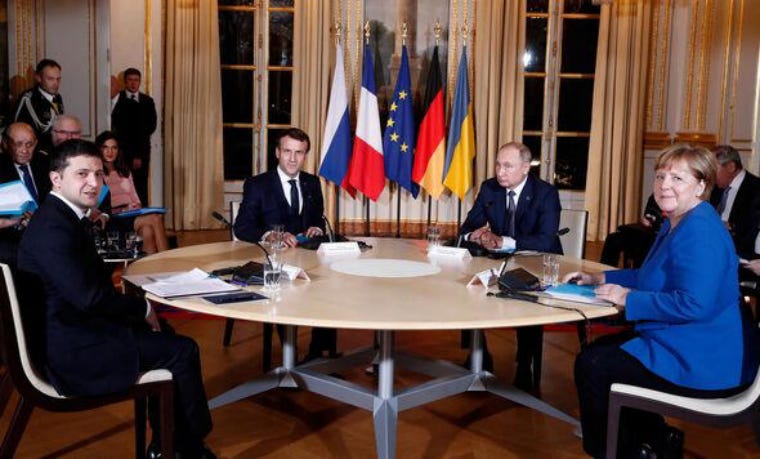
In April 2019 Volodymyr Zelensky, the former comedian-turned politician, won the election for the office of President of Ukraine, ousting the incumbent, Petro Poroshenko. Zelensky ran on a platform of peace, winning over the Russian-speaking population on the promise that he would “crawl on his knees” if necessary to work out a peace plan with Russia. Instead, within months Zelensky was convening a war council where he promised to use the Ukrainian military to reclaim the parts of Donetsk and Lugansk that had freed themselves from Ukrainian rule.
This was Zelensky’s first mistake.
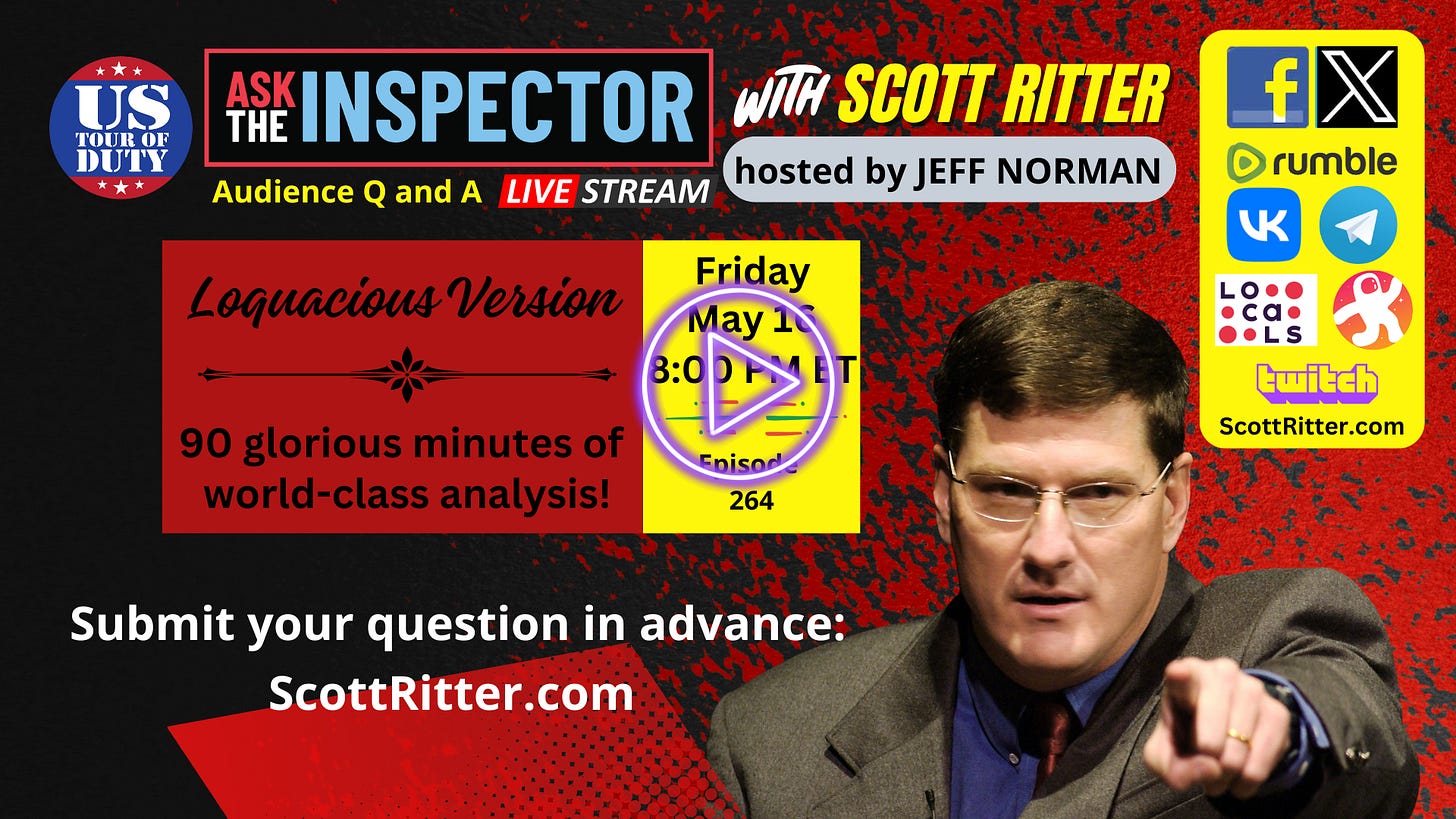
The path he chose led to Russia, in the days before the initiation of the SMO and after Ukraine began mobilizing its forces to attack the Donbas, recognizing the independence of both Donetsk and Lugansk and entering into a collective security agreement, actions which guaranteed that the Donbas would never again be part of Ukraine.
This was Zelensky’s Donbas moment.
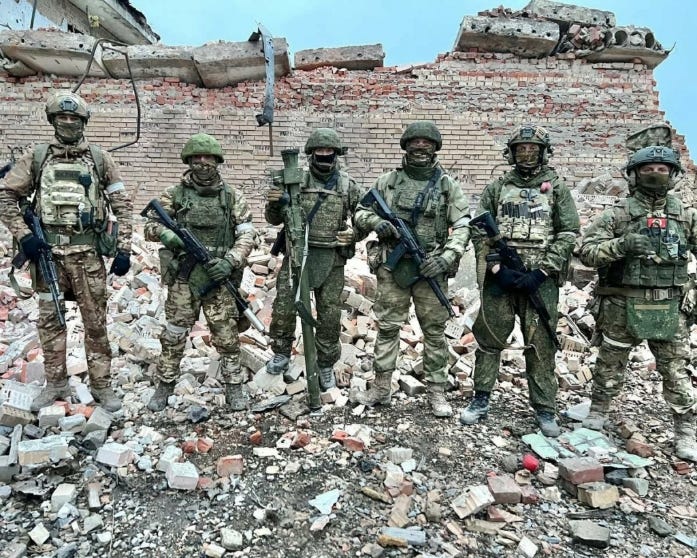
Zelensky’s second mistake came in April 2022, when he walked away from the negotiations that Russia had initiated immediately after the start of the SMO which culminated in a finalized signature-ready peace agreement which has become known as the Istanbul communique. This agreement would have recognized the independence of the Donbas republics, but returned all other Ukrainian territory that had been occupied by Russian troops during the SMO.
Zelensky, pressured by his US and NATO supporters, rejected this agreement, and instead took tens of billions of dollars in military aid from the US and NATO which he used to rebuild his depleted military force, which he then used to launch a counterattack against Russian forces which had already began their withdrawal from Ukraine as a good faith measure in keeping with the terms of the Istanbul communique.
Russia responded by organizing referenda in both the Donbas and the two oblasts, Kherson and Zaporozhia, that constituted the land bridge connecting Crimea with Russia proper. These referenda were on the question of these territories becoming part of the Russian Federation; all four voted yes, and after the appropriate legal action was taken by the Russian parliament, President Putin signed a decree which made all four oblasts part of the Russian Federation.
This was Zelensky’s Little Russia moment.
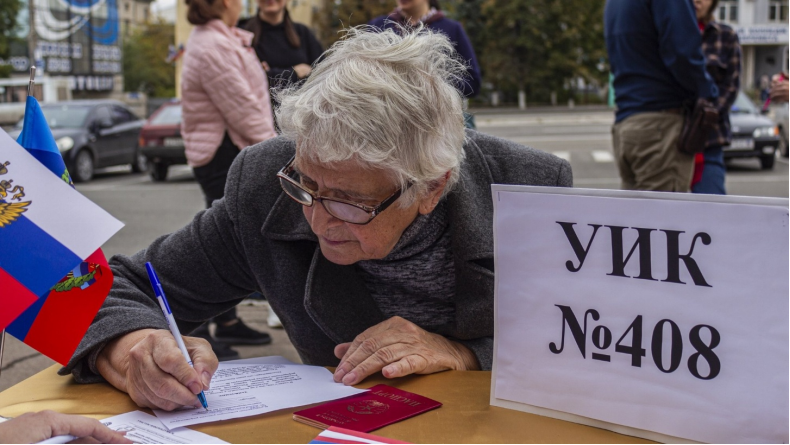
And now Zelensky finds himself at a new crossroads.
His Odessa Moment.
He has a chance to end the SMO on the most favorable terms possible, terms which reflect the harsh reality the Ukrainian President and the nation he leads faces due to Zelensky’s prior poor decision-making regarding Russia.
The Donbas is gone. So, too, is Little Russia. These losses are irreversible, politically and militarily.
Ukraine has a chance to end the conflict now. But to do so it must respect the reality of the moment.
Unfortunately, the same “friends” and “allies” which encouraged Ukraine to walk away from the Minsk Accords and the Istanbul communique are now urging Ukraine to do the same when it comes to Istanbul 2.
But the promise of European support is illusory—the armories have long since been stripped bare, and the potential for meaningful military intervention never existed, either militarily or politically.
Moreover, any European action would, by necessity, require backing from the United States. While this may have been a possibility during the presidency of Joe Biden, it is a non-starter under the new administration of Donald Trump—even as the Istanbul 2 meetings were underway, the US announced that it was going to be withdrawing its forces from Europe.
Russia is to be taken seriously. While the challenges that Russia will face in occupying the four new territories it has put its sights on if Ukraine balks yet again regarding a peace agreement are many and not to be minimized, this is a military question which is best answered by the political resolve of the Russian leadership and nation, which at this juncture is unassailable.
Last year Vladimir Putin won a mandate to governing as a wartime President.
As the recently concluded May 9 celebration clearly demonstrated, the determination of the Russian people to defeat Ukraine is rock solid.
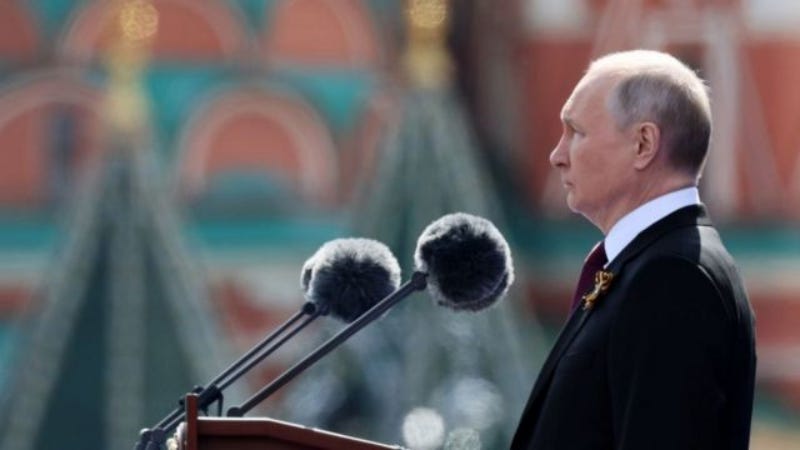
As the lead Russian negotiator in Istanbul made clear to his Ukrainian counterparts, Russia is prepared to fight for however long it takes, even alluding to the 21 years it took Peter the Great to defeat Sweden.
Ukraine will be lucky to survive the summer.
Zelensky faces one of the greatest tests of leadership he will ever face.
Nationalist forces in his government are willing to commit national suicide in pursuit of the failed Banderist cause.
Ukraine’s erstwhile allies, whose objectives continue to center around Cold War fantasies of strategically defeating Russia, are pushing Zelensky to reject the Russian conditions for peace, all too willing to sacrifice Ukraine as a proxy in pursuit of their unattainable goal.
If Zelensky truly cared about his nation and his people, he would swallow his pride and make the only decision capable of saving them—surrender.
But Zelensky is not a leader who cares about his nation or its people—he has already sacrificed Ukraine’s national integrity and more than a million of its citizens in pursuit of his EU and NATO driven fantasies of relevance and fortune.
This is Zelensky’s Odessa Moment.
And he will fail.
Again.
